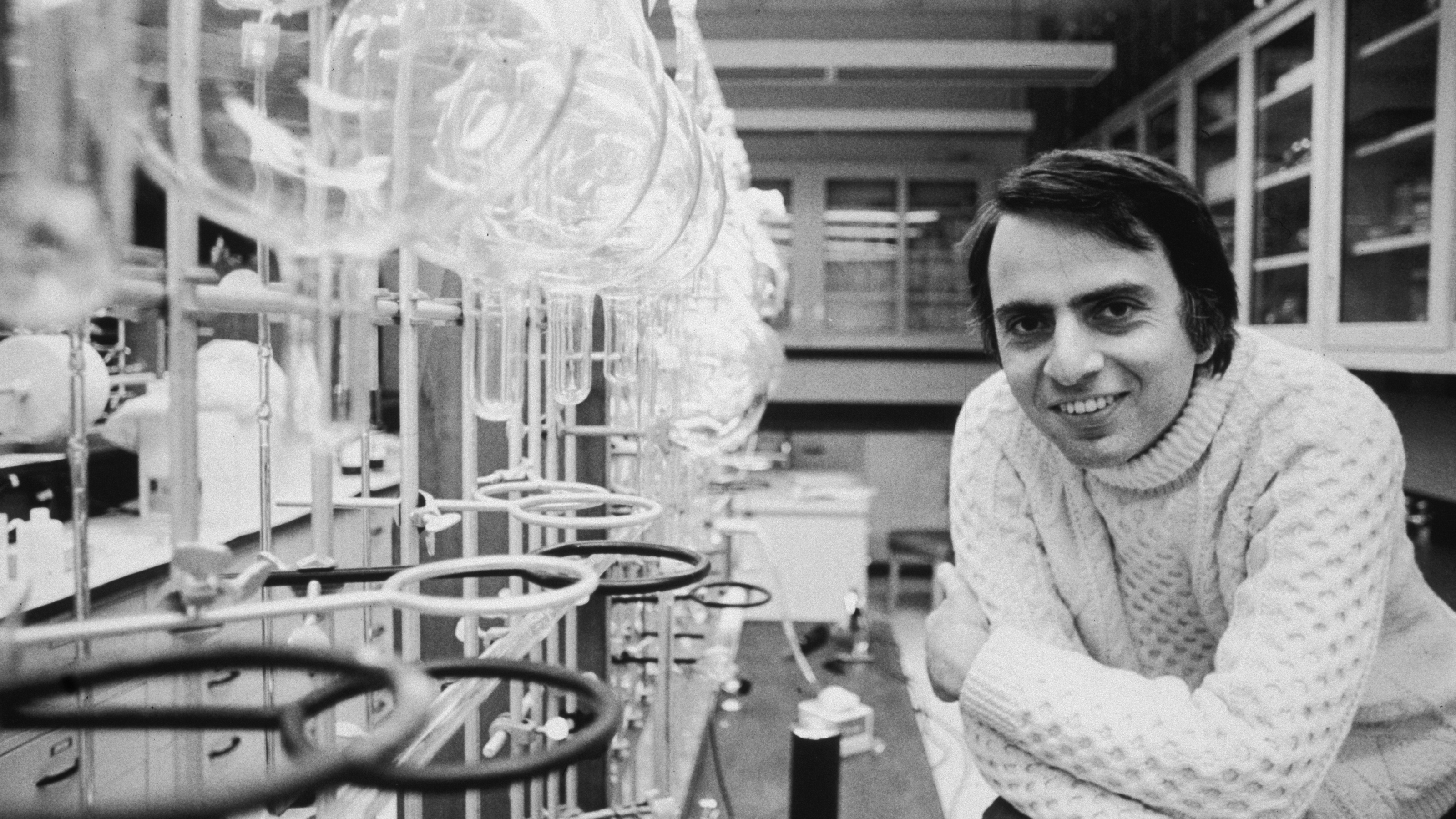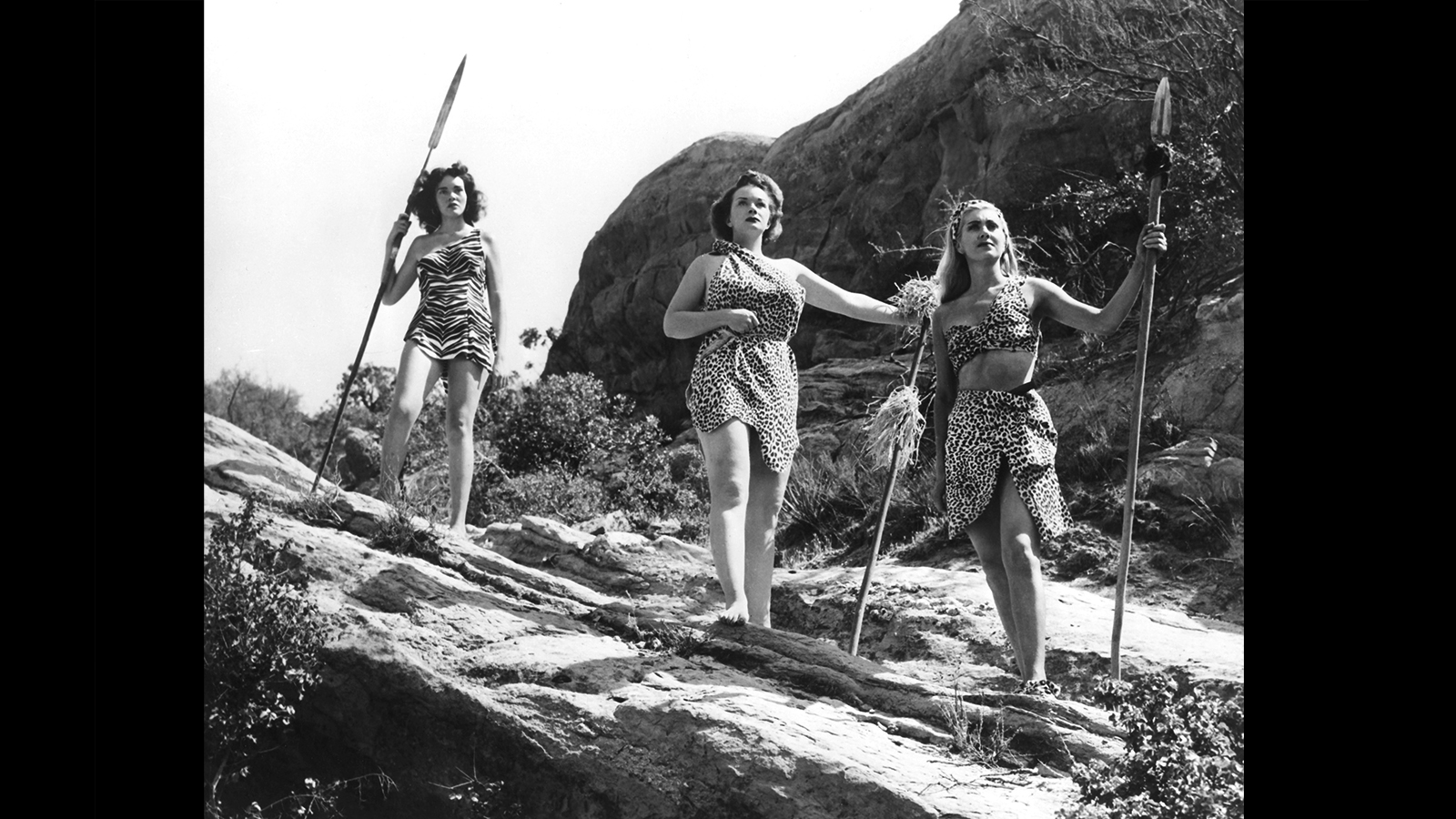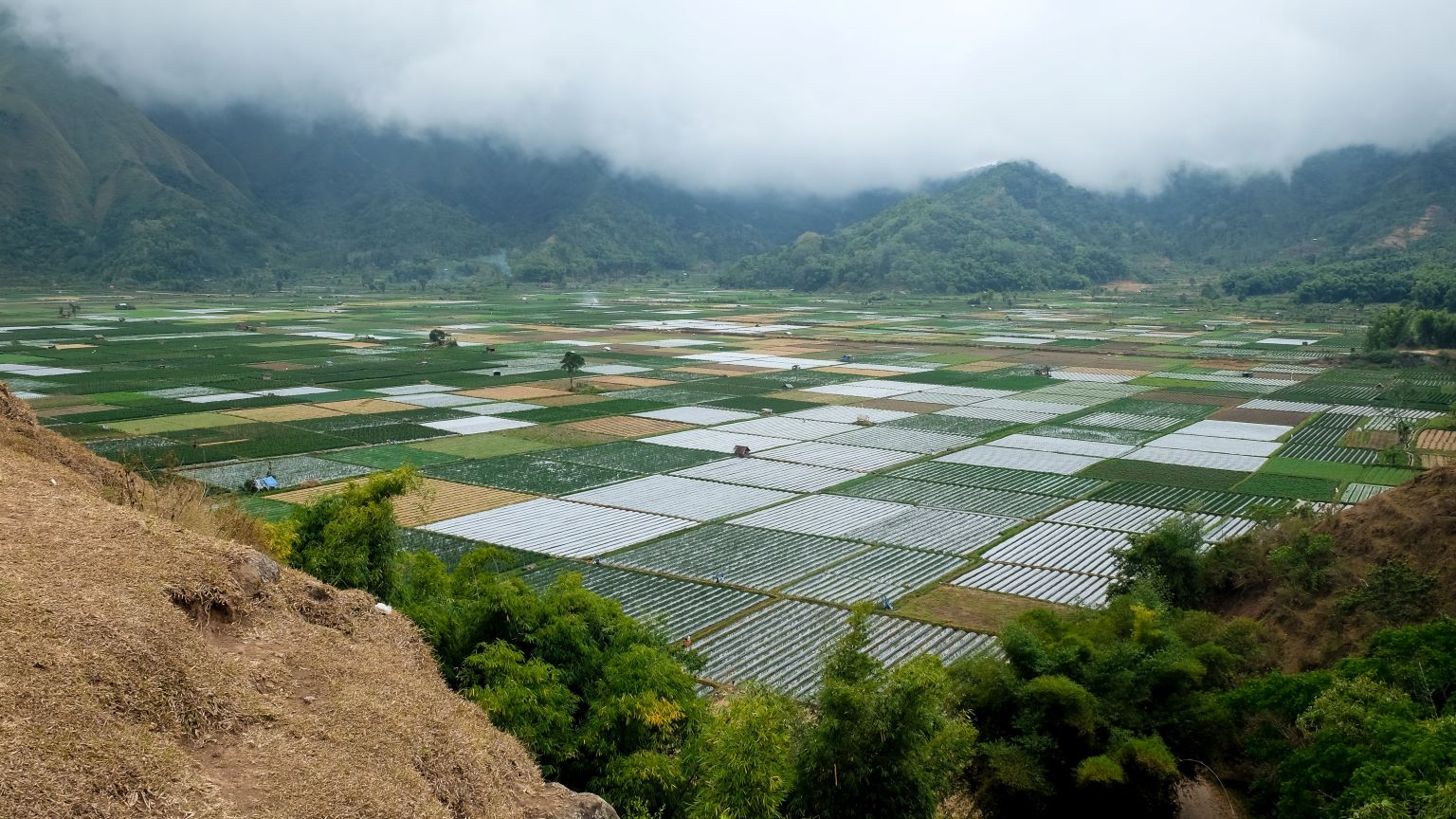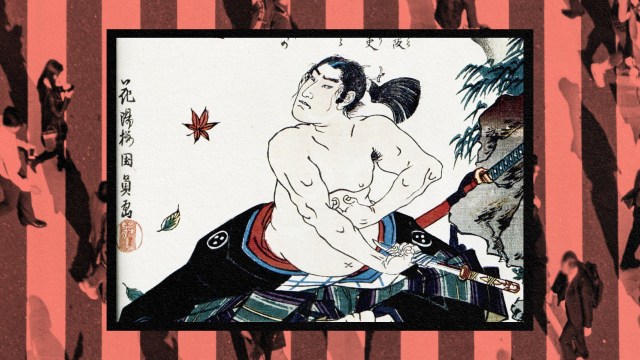Human “rewilding”: To have a better life, live like a hunter-gatherer
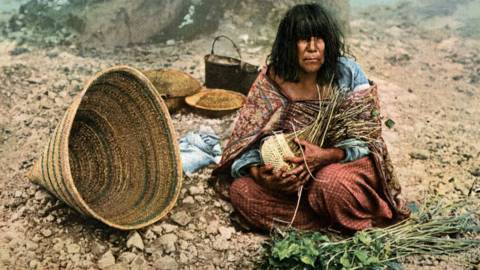
Credit: Unknown author / Public domain / Wikimedia Commons
- Human rewilding — a return to the hunter-gatherer lifestyle — could help us address the impending threat of global climate change and future pandemics.
- If human rewilding is to work, foragers have to respect the lands by planting back, providing a positive benefit to ecosystems.
- The rewilding movement must take its cues from the time-tested wisdom of primal cultures.
The concept of human rewilding offers novel ideas about addressing the impending threat of global climate change and future pandemics, using evidence of how humans best lived and adapted through periods of climate instability, guided by perspectives from today’s Native communities and the observations of anthropologists.
As I learned through trial and error, a fully rewilded lifestyle seems preposterous and dangerous to most of my peers and family members. Debating its merits has thus become a regular occurrence in my life, and some themes have emerged. At one skills gathering, I met a photographer who pressed me to admit that a lot of rewilding practices don’t scale. “Earth’s 7.2 billion people can’t hunt and gather anymore,” he said. “There isn’t enough quality habitat, and there are too many of us to live in ecological balance.”
I responded that it is true that we civilized folks vastly out-number our nomadic forebears. But the idea of “scaling” is a concept based on agricultural civilization and popularized by tech. It assumes a mechanical replicability, which is only something industry can do. The immediate-return lifestyle doesn’t scale; it grows according to the carrying capacity of the environment, and it adapts based on the particular species available in that ecosystem. The more important point, I said, was that not everyone needs to rewild right now. We just need some portion of the population to retain wild skills and the ability to forage in whatever radically different environment emerges from future global upheaval.
Others lament that we can’t possibly feed everyone on the planet with wild food. But this statement is based on an illusion that we’re feeding everyone on the planet right now with industrial agriculture, which we most certainly are not. We have enormous rates of malnourishment and hunger.
Ethnobotanist Kyle Chamberlain once took on this argument, saying that it assumes that the only thing we can do is commit to the trajectory of the industrial food system and that figuring things out for yourself somehow denies other people the food they need. “But we’re already starving millions of people,” he said. “Why can’t individuals or small groups figure out how to get wild food? They will either figure it out, or they won’t. The real issue is guilt, which these people feel because they’re hoarding a disproportionate share of the world’s resources.”
While it’s doubtful that a large mass of people can successfully rewild, it is certain that not everyone on the planet can consume like we do in wealthy countries. But as I found, rewilding in an immersive, total sense is not yet a reality even for committed individuals, let alone for everyone. Most Western consumers — including my closest family and friends — won’t be able to disengage from modern comforts, conveniences, and addictions without some tragic precipitating cause.
Another point that comes up frequently questions the legality of rewilding practices. Someone like Philip Stark, the Berkeley forager, can talk about himself as a “scofflaw” when it comes to picking up greens from the side of the road, but the same wouldn’t be true for someone who didn’t look like the professorial type. Penalties are always harsher on the poor and people of color. Hunting and fishing without proper licenses is illegal. Harvesting food from public or private land is trespassing, and simply collecting rainwater is not officially permitted in most areas. Native American communities have suffered the consequences of laws made against subsistence throughout colonization and into today, and they have paid dearly for this in the loss of their vital traditions.
Others ask about the consequences of masses of rewilders going out onto the landscape. We’ve already seen populations of highly desired wild foods like ramps, mushrooms, and seaweeds declining in areas where people are going out to forage them for the commercial market. There could be so much more damage from this approach, which is about extraction rather than regeneration.
If human rewilding is to happen, we have to respect the lands by planting back, ensuring the reproduction of native species, and providing a positive benefit to ecosystems as humans once did across the earth. The consequences would be devastating if a generation of wannabe wilderness wanderers decimated our already taxed landscapes by pulling up all the edible roots, killing all the tastiest fauna, and mishandling their own waste. The land has to have the capacity to regenerate from our impact, which means our footprints must spread widely, with low population density. If there is no reciprocity and regeneration that comes from humans living off the land, then there is no rewilding, only more destruction and domestication.
What I know for sure is that the more I unleash myself from the tethers of domestication, the happier I feel.
As writer Paul Shepard recommended, we must take our cues for how to live from primal cultures, who have the longest time-tested wisdom traditions. We have to rewild our minds and ask ourselves in any situation: What would a hunter-gatherer do? Then we must do our best to approximate that. Whittle your social group down to 25 key players. Pursue good relationships, not money. Eat wild food. Make your kids play outside, and spend as much time as you can outside yourself. Don’t buy stuff that you can make yourself, even if it takes more time than tapping and swiping on your Amazon app.
Try to master a few skills of our ancestors, even if you only use them on those long, minimalist camping trips. The notion that hunter-gatherers live a heathier and more balanced life than we do in civilization becomes an opportunity to imagine what a better life might look like and allows us to critique the shortcomings of our consumer habits and industrial dependency. If more of us understood how humans lived for most of our tenure on Earth, we could make better decisions about how to live now.
What I know for sure is that the more I unleash myself from the tethers of domestication, the happier I feel. Though I still live in a single-family home far from my relatives, get many of my basic goods from strangers, and use the best hours of my day to work for money, I know better how to return to a state of connectedness in nature, and I live in a mutually supportive community. Knowing that civilized life is just the most recent, flawed iteration of how humans have chosen to live helps me lessen the power that institutional ideas have over my choices. I’m grateful that I now live in a place where no one thinks it’s strange that I pick berries from the roadside, carry a tarp in my trunk in case I find a deer on the high- way, and feed my chickens acorns from the tree above their coop instead of buying feed at the store. I hang out with my neighbors every day, whether we’re riding horses, building gardens, or playing card games late into the night.
